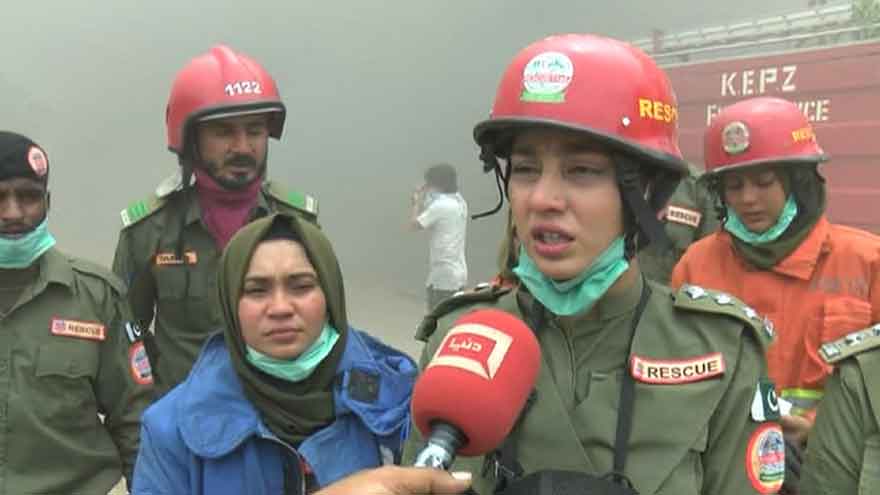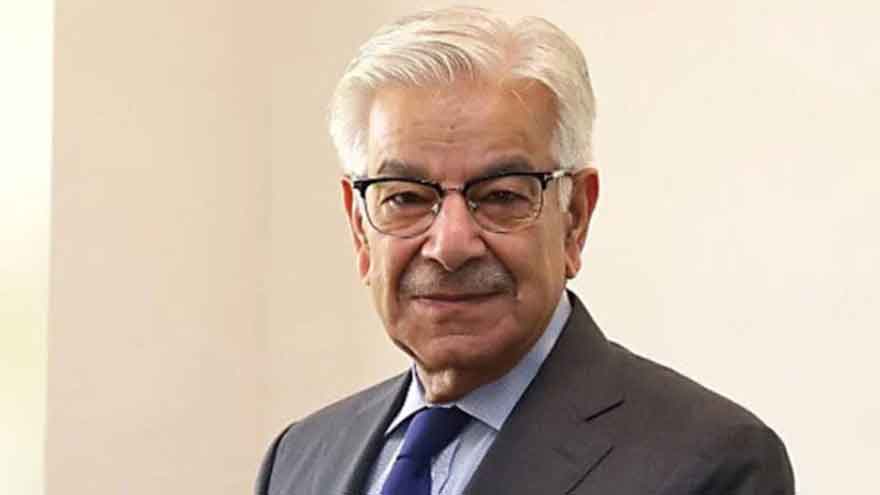PTI Sindh President declares Commissioner ECP “National Criminal”

KARACHI, Feb 18: The President of Pakistan Tehreek-e-Insaf (PTI) in Sindh, Haleem Adil Sheikh, has leveled serious allegations of electoral fraud against the Election Commission and the caretaker government, claiming that the people's votes were tampered with during the recent elections in Karachi.
Addressing a press conference alongside PTI leaders, Sheikh asserted that both PTI and Jamaat-e-Islami received significant votes in Karachi. However, he accused the Election Commission and the caretaker government of deceiving the public and compromising the integrity of the electoral process.
Sheikh did not mince words, declaring the Chief Election Commissioner as a "national criminal" and demanding an apology to the nation. He went further, calling for Article 6 to be imposed on the Commissioner for allegedly failing to conduct timely and transparent elections.
Referring to Form 45, Sheikh claimed that PTI was winning an additional 80 seats based on the data. He criticized Commissioner Liaquat Ali Chatta's handling of the elections, alleging confiscation of PTI candidate forms and shutdown of internet services on Election Day.
Sheikh recounted his personal ordeal, stating that he endured incarceration under stringent conditions, likening it to the treatment of Kulbushan Yadav. He cited instances where election results were allegedly altered, including Farooq Sattar's victory over Aftab Jahangir's seat.
Further alleging misconduct by the Sindh bureaucracy favoring the PPP, Sheikh accused them of usurping seats won by the GDA, Jamaat-e-Islami, and PTI in urban areas. He urged the Election Commission to release results in accordance with Form 45 and warned of public humiliation if a tribunal was to be formed.
The allegations raised by PTI's Sindh President underscore the deep-seated concerns regarding electoral integrity and transparency, prompting calls for urgent investigation and accountability measures.




